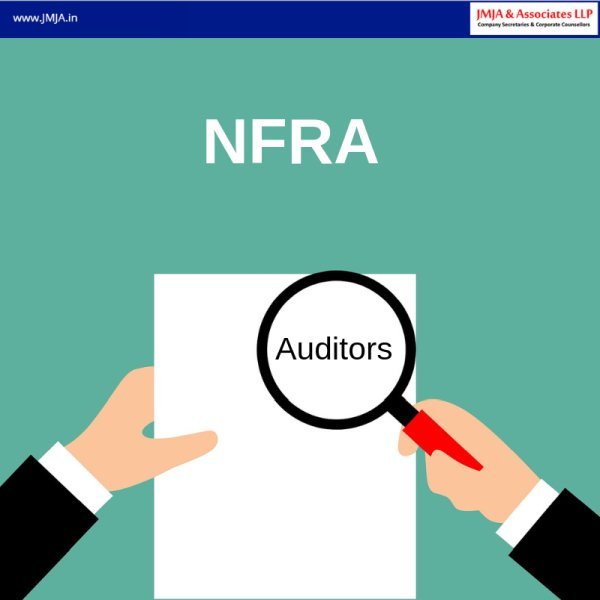NFRA Pushes for Mandatory Scalable Audit Quality Management System to Improve Standards
NFRA is advocating for the mandatory implementation of Standards on Quality Management (SQM) among audit firms in India to improve audit quality and regulatory compliance. This move is part of a broader effort to enforce scalable, risk-focused audit systems, with revisions to the SA600 group audit standards also proposed. Despite concerns from smaller audit firms, the new standards aim to align Indian audit practices with global norms, increasing transparency and accountability in the sector.

NFRA Pushes for Mandatory Scalable Audit Quality Management System to Improve Standards
The National Financial Reporting Authority (NFRA) is pushing for a more stringent and scalable audit system by advocating for the enforcement of Standards on Quality Management (SQM) among audit firms. The regulatory body has proposed that the Institute of Chartered Accountants of India (ICAI) adopt the SQM as enforceable standards rather than keeping them advisory. NFRA Chairman Ajay Bhushan Pandey emphasized that these standards are critical to ensuring higher audit quality, urging that they be given the force of law to enhance compliance and improve overall audit practices.
ICAI had previously introduced a discussion paper on SQMs as an updated version of the existing Standard on Quality Control (SQC), which is not mandatory. These proposed SQMs are based on global models and reflect the modern realities of auditing, particularly with a stronger focus on risk assessment. The standards are designed to create scalable audit systems that can be tailored to different firms based on their size, engagement complexity, and risk factors.
NFRA’s push for the SQM comes on the heels of its earlier focus on raising the standards of group audits through revisions in Standards on Auditing 600 (SA 600). The revised standards require group auditors to re-evaluate the reports of component auditors of various group entities. Countries like the UK, Malaysia, and Singapore have already adopted these revisions, which allow for greater scrutiny and accountability in group audits.
Smaller audit firms in India have expressed concern that the revised SA600 may negatively impact their business by concentrating auditing work among a few large firms. These firms argue that increased regulation may reduce their ability to compete with larger counterparts. Despite these concerns, NFRA defends the revisions, pointing out that many corporate failures and instances of fund siphoning have gone unreported due to the reliance on the work of component auditors without adequate review by principal auditors.
Pandey further highlighted that the revised SA600 will align India’s audit standards with global best practices, noting support from other regulatory bodies such as the Reserve Bank of India, Securities and Exchange Board of India (SEBI), and the Comptroller and Auditor General (CAG). The new norms would require principal auditors in group audits to function cohesively with component auditors, increasing overall transparency and accountability.
NFRA has issued several enforcement orders over the years and despite limited manpower, the number of orders is comparable to global counterparts. The push for SQM standards reinforces NFRA’s commitment to strengthening audit quality and addressing potential loopholes in corporate audits.
SQM standards will require audit firms to establish systems of quality management that are proportionate to the firm’s size and the complexity of their engagements. These standards are designed for firms performing audits or reviews of financial statements and aim to mitigate risks and improve audit performance across the industry.
Click Here to Visit
What's Your Reaction?
















